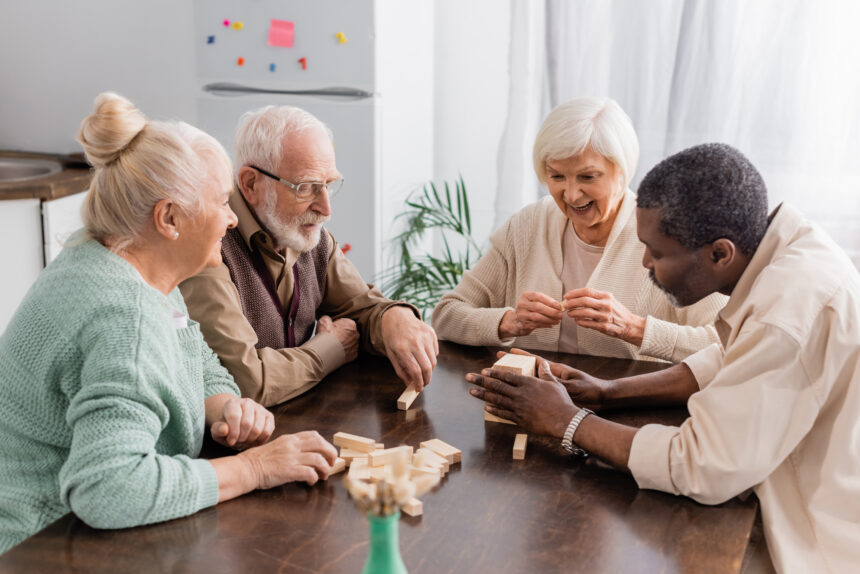Assisted living offers older adults a daily balance of safety, independence, and physical well-being. Seniors can try new hobbies and build relationships with other residents. The facilities also provide nutritious meals, engaging activities, and consistent care patterns to promote healthy habits. Here’s how assisted living can enhance the quality of life for seniors:
Personalized Support and Independence
At assisted living facilities, residents receive a customized balance of independence and daily living assistance in a well-structured environment. They can enjoy the privacy of their own suites while still receiving help with activities such as dressing or bathing. Staff members provide one-on-one care, and they adjust their services over time as mobility or health status changes. This approach prioritizes dignity and self-reliance as key aspects of the senior living experience. Residents also maintain the freedom to choose when to engage in activities or request support, encouraging increased independence.
Safe and Accessible Living Spaces
Suites are built to accommodate senior mobility and comfort, featuring wide doorways and flat, even surfaces. Residents have access to personal bathrooms equipped with safety features, including grab bars and seated showers. A kitchenette allows seniors to prepare simple meals in their rooms. This can support independence and familiar routines. Individual climate controls let residents maintain their rooms at their preferred temperature year-round, promoting physical comfort. The overall apartment layout resembles a home environment, which may ease the transition to assisted living.
Contemporary furnishings and ample natural light create a comfortable environment for relaxing. Each detail, from the flooring to the layout, is planned to allow walkers and wheelchairs to navigate smoothly. Residents at an assisted living facility can also personalize their spaces with familiar photos and furniture.
Nutritious and Social Mealtimes
Some facilities have spacious dining rooms and offer buffet or restaurant-style meals. These meals are well-planned to suit different dietary needs and taste preferences. Buffets and plated foods provide various options, supporting autonomy and individual food choices. Professional meal planning balances proteins, vegetables, and carbohydrates for daily energy. Special accommodations can be made for allergies, food sensitivities, and medical dietary requirements. If a resident needs assistance with eating, trained staff are available to provide support and make sure each person receives proper nutrition and care.
Mealtimes with other residents also provide opportunities for seniors to connect with one another. Shared meals can become meaningful social events. This may promote an enhanced quality of life.
Engaging Recreation and Wellness Programs
Residents participate in a variety of daily activities, including group exercises, painting sessions, and musical performances. A thoughtfully planned schedule encourages both cognitive engagement and physical movement. This can support cognitive function and memory, which are key components of healthy aging. Other activities may include crafts, games, and group discussions.
Fitness classes are tailored to different ability levels so that everyone can participate comfortably and safely. Art and music therapy offer opportunities for creative expression, stress relief, and memory support. Group outings and nature walks provide fresh air, light exercise, and outdoor engagement. Games like trivia or puzzles may help strengthen memory and logic in a fun, social setting. Recreational programming nurtures physical well-being, creativity, and a sense of community.
Choose an Assisted Living Facility
Assisted living offers older adults a care-focused, comfortable lifestyle filled with daily activities and engagement. Residents can access supportive services while maintaining control over their routines and personal choices. Private rooms, trained staff, and interactive activities help residents remain safe and fulfilled. Shared meals and social events promote connection and balanced nutrition throughout the day. With 24/7 safety measures and emergency planning in place, residents are protected without sacrificing their independence. Contact an assisted living facility to explore personalized care options for your loved one.







